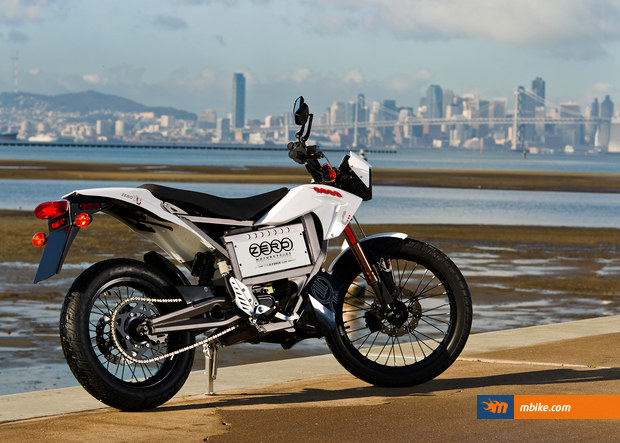As electric passenger cars become increasingly familiar to consumers around the world, electric motorcycles and scooters are also growing in popularity. E-motorcycles and e-scooters are already used in significant numbers in China and other parts of Asia Pacific, due in large part to urbanization trends, and people in many countries are accustomed to using two-wheel vehicles as a primary mode of transportation.
In other regions, improving customer perception, government incentives, and high petroleum fuel costs all contribute in some part to the demand growth for electric motorcycles and scooters. According to a new report from Pike Research, the number of e-motorcycles and e-scooters on the road will increase from 17 million in 2011 to 138 million by 2017. “Electric motorcycles and scooters have strong appeal for many consumers,” says senior analyst Dave Hurst. “They are relatively low cost to own, do not take a lot of space, and are easy to maintain, therefore making them attractive for city dwellers. Governments also like these vehicles because they can utilize existing transportation and electricity infrastructure without the congestion problems and emissions impacts of conventional automobiles.”
Hurst adds that, fueled by those same market drivers, e-scooters will represent a much larger industry, outselling e-motorcycles by a factor of more than six to one on a global basis. However, he expects that the mix will be considerably different in certain regions, such as North America, where e-motorcycles will represent 59% of combined sales due to their higher speeds and longer range than e-scooters.
Pike Research’s analysis indicates that the growth in electric two-wheel vehicles will also have a meaningful impact on demand for batteries. The vehicles will utilize both lithium ion (Li-ion) and lead acid batteries. The firm forecasts that the market for Li-ion for e-motorcycles will expand at a compound annual growth rate (CAGR) of 24% between 2011 and 2017, while Li-ion for the e-scooters market will increase at a CAGR of 19%. The lead acid battery market will grow, as well, particularly in emerging markets, with the e-motorcycle sector garnering a 27% CAGR and e-scooters a 29% CAGR for the same period.
Pike Research’s study, „Electric Motorcycles and Scooters”, provides a comprehensive examination of the market forces, technology issues, government incentives and regulations, and key drivers of the growth of e-motorcycles and e-scooters. The report includes e-motorcycle and e-scooter sales forecasts and battery technology forecasts through 2017, as well as profiles of key industry players. An Executive Summary of the report is available for free download on the firm’s website.
2011 Zero Motorcycles line-up
via Pike Research


